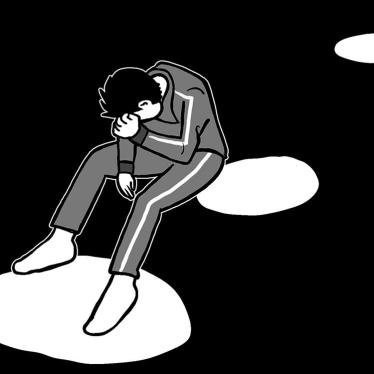Anyone who thinks women’s complaints about sexual harassment in Brazil are hyperbole should watch the video that went viral after Quebrando o Tabu (Breaking Taboos), a Brazilian social media platform, posted on January 29:
It was shot in February 2017 at Mangueirão stadium in the northern state of Pará, where arch-rivals Remo and Paysandu were about to face off. Shortly before kick-off, female supporters of both teams are seen walking around the playing field calling for respect for women fans. Their banner reads: “A woman’s place is wherever she wants, including a stadium,” with the hashtag #repeiteasminas (“respect women”).
Taking advantage of the anonymity of the crowd, the Remo fans first booed them and then chanted demeaning lyrics about kissing and having sex with Paysandu women.
“They threw objects at us. It was very difficult,” one of the women walking that day later told a reporter. “I felt really bad. I had never gone through anything like it. I heard lots of insults.”
Rachel Rossetto, 39, a loyal fan of the São Paulo team Corinthians who has attended games since she was 15, says the organized fan club she belongs to is very respectful of women, but on the bleachers, catcalling is common. “Men whistle, make comments that are disrespectful of women. It’s verbal harassment,” she told Human Rights Watch.
Some female sports reporters have also endured harassment. Last year, a fan tried to kiss a female journalist who was live on television, and another one hurled insults at a female journalist who was covering a game until police removed him from the stadium.
Women are fighting back. A group of female soccer fans has opened the #DeixaElaTorcer (#LetHerCheer) campaign, and female reporters created the hashtag #DeixaElaTrabalhar (#LetHerWork) to raise awareness about the perils of being a woman inside and outside of stadiums.
Some soccer teams are moving in the right direction. While in 2017, Atlético Mineiro gave roses to women fans on International Women´s Day, in 2018 they did something much more relevant: They displayed banners in the stadium urging people to report violence against women. The team also hosted Maria da Penha, for whom Brazil`s 2006 domestic-violence law is named, as a guest of honor.
After the 2017 video burst, both Remo and Paysandu issued statements condemning the fans´ behavior. But it is unclear whether they said or did anything when the harassment actually happened.
Stadiums certainly aren’t the only place where Brazilian women’s rights are trampled on. They earn 23 percent less, on average, than men, make up only 15 percent of Congress, and face widespread domestic violence. Women are denied reproductive freedom under Brazil’s harsh abortion restrictions.
The authorities’ response has been seriously inadequate. To give but one example, the money invested in shelters and other services for women by the National Secretariat of Policies for Women fell by a whopping 35 percent from 2014 to 2017. The Secretariat did not provide Human Rights Watch data for 2018.
Fans, sports teams, and authorities at all levels should pay much more attention to the rampant discrimination and violence against women in Brazil. We should all step up.
Let’s let women cheer; let women work; let women exercise their reproductive rights; be free from violence —and free to make Brazil a better place for everyone.










